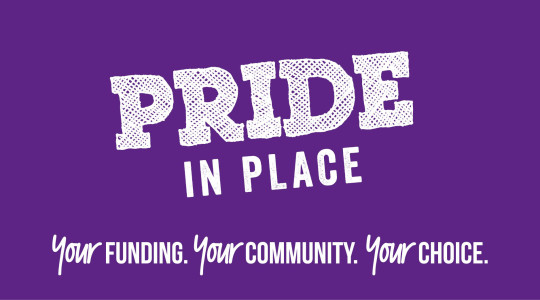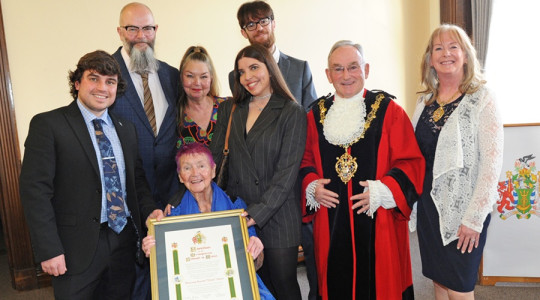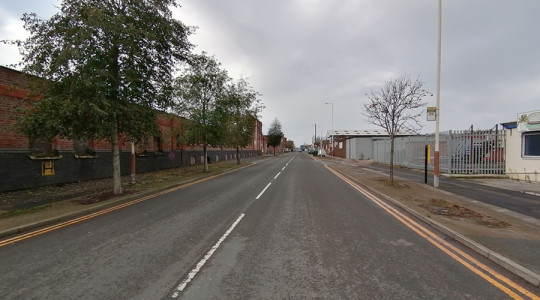Families First: A New Approach to Helping Wirral Families
In April 2024, Wirral Council announced it had been selected as one of seven local authorities to deliver the Families First for Children (FFC) Pathfinder programme. This initiative, funded by the Department for Education, aims to improve support for families, helping more children stay in safe, loving homes while protecting vulnerable children from harm when necessary.
The programme focuses on four key areas: Family Networks, Family Help, Multi-Agency Child Protection Teams (MACPTs), and Multi-Agency Safeguarding Arrangements (MASAs).
Teams across the FFC programme have been working hard creating new systems and processes and implementing changes to several areas of children’s social care. Below we’re taking a look at the progress made so far across the key four areas.
At its heart, FFC is a ‘test and learn’ pilot, meaning new processes and systems are being trialled and codesigned with families to ensure they are effective, personalised, and easy to access.
The programme builds on recommendations from key national reports, including the Independent Review of Children’s Social Care, and is part of the government’s wider children’s social care reform strategy, Stable Homes Built on Love.
How Families First Is Making a Difference
Family Networks
Family Networks are a key part of support for many children and young people, providing loving homes and stability for children who would otherwise may have to live in care. This part of the Pathfinder recognises that members of wider family networks, such as relatives and close friends, may need support to be able to help keep children safely living at home.
The support available can provide essentials like bedding or furniture so children can stay with people they already know and trust in their extended family network.
One young person wasn't happy with their living situation - they were having nightmares, feeling anxious and not sleeping - which was impacting their education in school. They wanted to live with their dad and grandparents, but they couldn't accommodate the young person as they didn't have a proper bed available. The Family Network Support Packages (FNSPs) team stepped in, funding a new bed and mattress.
This simple yet impactful intervention allowed the young person to feel safe and secure in their new home, saying:
I love my new bed. It’s so comfy, and I sleep much better now. I know I can stay at my nan’s, and she will look after me.
Without this support, the young person might have been had to live elsewhere or even enter care, away from their family.
What’s Next for Family Networks:
- Strengthening connections between local teams and family networks to ensure families can access help more smoothly.
- Simplifying the application process further so families receive the right support more easily.
Family Help
The Family Help teams focus on providing early, practical support to prevent small challenges growing into bigger issues. Services are delivered from locality-based hubs which bring together professionals from multiple disciplines to provide holistic, tailored support.
A social worker highlighted the programme’s impact on response times:
“Rather than requesting a review to determine if a child needs statutory or specialist services, we discussed a family with our Family Hub Social worker and the Team Manager. We agreed that a social worker intervention/support was needed so they picked this up and went out with our worker, all within 24 hours rather than 2 weeks.”
The teams include Family Help Lead Practitioners who are trained to guide families through their challenges. Parents and carers have helped develop new assessments to ensure the process is simple and clear, reducing the need for families to repeatedly tell their story.
One young person described their experience with their practitioner, Georgia:
Georgia is a great person who has helped me so much. I was having problems in school and with my mum and nan. Georgia listened to all my problems and helped me, even finding me a job. I feel more confident, and I know how to deal with things.
Four multidisciplinary teams have been established across North, South, East, and West Wirral, based in local Family Hubs.
What’s Next for Family Help:
- Expanding the multidisciplinary teams to include even more services and strengthen collaboration across agencies.
- Launching the new assessment tool to make it easier for families to access support.
- Partnering with additional organisations to provide comprehensive help tailored to each family’s needs.
Multi-Agency Child Protection Teams (MACPTs)
MACPTs brings together professionals from different organisations to better coordinate responses to instances of significant or serious harm to children. This ensures quicker decisions and more effective support for families.
Families can now access parent advocates who have lived through similar experiences, providing valuable guidance and reassurance during difficult times. Family Group Conferencing Teams have also been expanded to help families create their own plans and avoid court intervention where possible.
What’s Next for MACPTs:
- Trialling a new team-based approach to cases involving harm from outside the home, such as criminal exploitation, in areas with the highest need.
- Increasing capacity to help more families earlier, reducing the need for formal interventions.
- Sharing easy-to-understand guides to ensure families fully understand their options and the child protection process.
Multi-Agency Safeguarding Arrangements (MASAs)
MASAs are responsible for ensuring all organisations work together effectively to keep children safe and ensure they can achieve positive outcomes. The reforms recognise the important role education plays in safeguarding and has introduced a new Designated Safeguarding Partner (DSP) for education to provide a voice for the whole education sector.
A new befriending service has been developed, designed in collaboration with third-sector organisations, which will support more than 300 families by building stronger support networks and reducing the need for formal interventions.
The benefits of this approach are already being seen, with one social worker commenting:
By introducing social workers in schools, we’re able to support more young people when they’ve been excluded and can secure the right setting for children earlier to help reduce the risks of exploitation and associated vulnerabilities that often come from them not being in school.
What’s Next for MASAs:
- Finalising the new partnership practice framework to ensure professionals and families work together seamlessly.
- Launching the befriending service to help families feel supported and connected.
- Establishing parent forums to hear directly from families about what works for them and where improvements are needed.
The Bigger Picture
The Families First for Children Pathfinder is transforming the way children’s services work in Wirral. Early results are already promising:
- Faster support, with response times dropping from weeks to hours in some cases.
- More effective collaboration between teams, reducing confusion and improving outcomes.
- Families feeling more supported, with processes described as easier and more positive.
Through this initiative, Wirral is leading the way in creating a brighter future for families while shaping national reforms in children’s services nationwide.
As one parent shared:
I feel more confident and supported now. It’s been a game changer.




